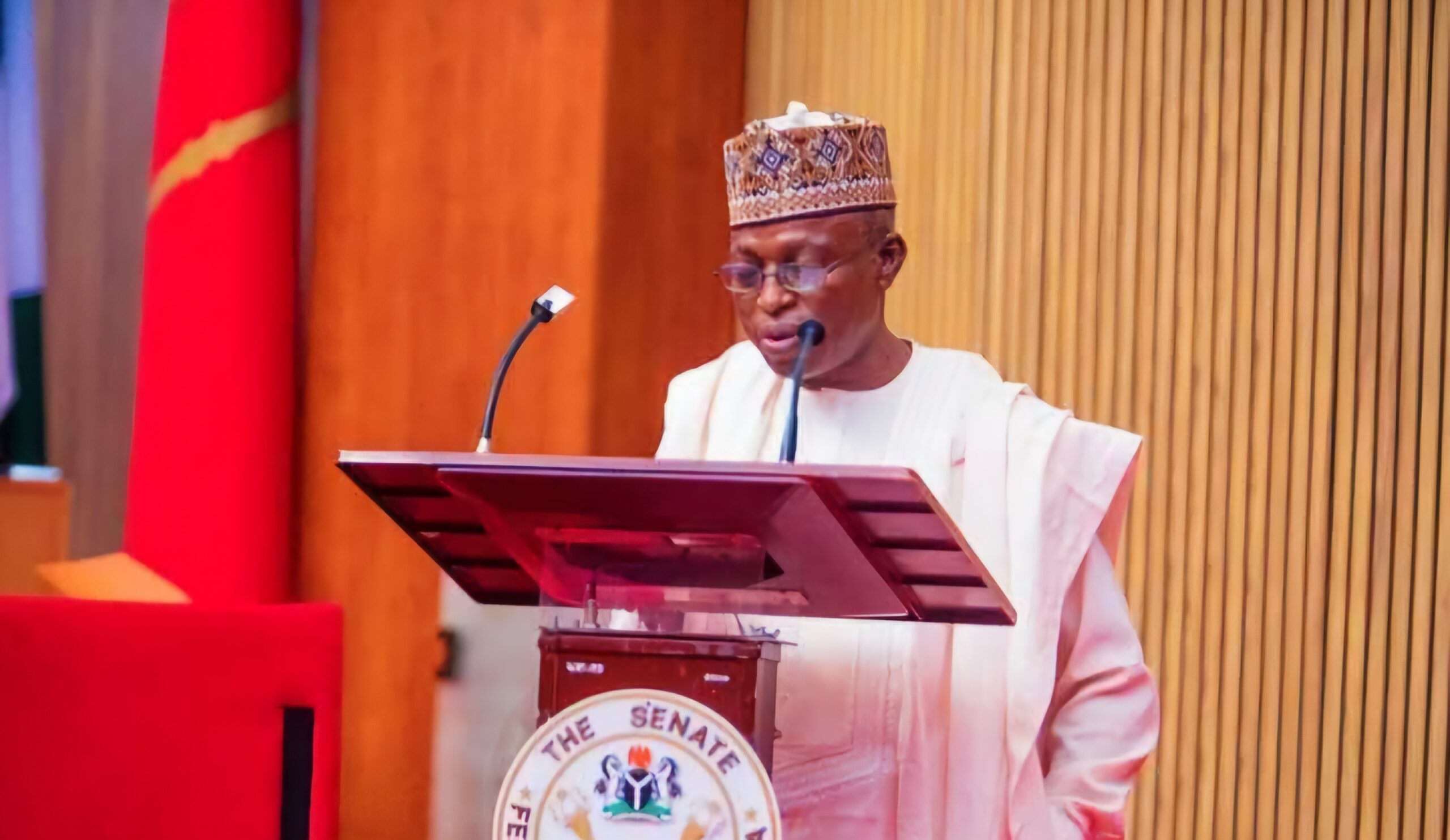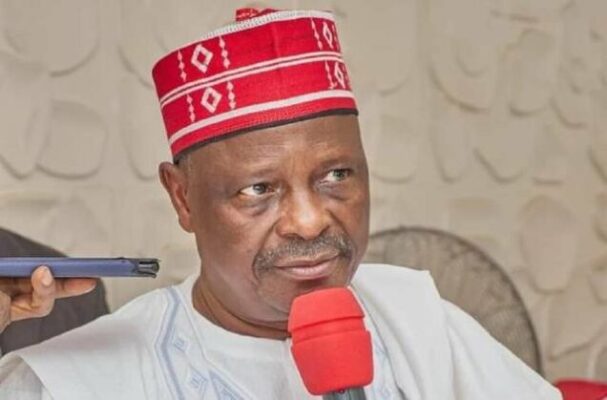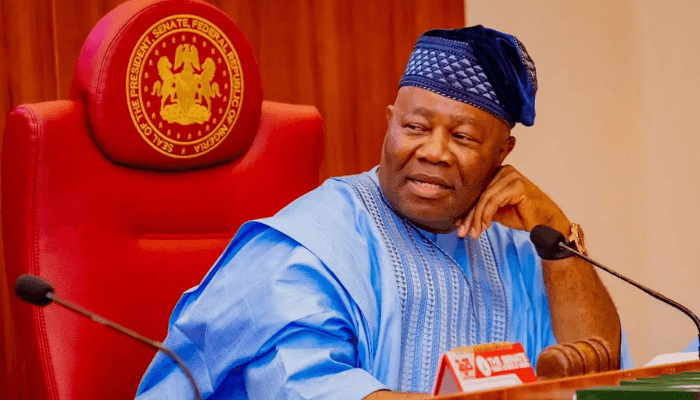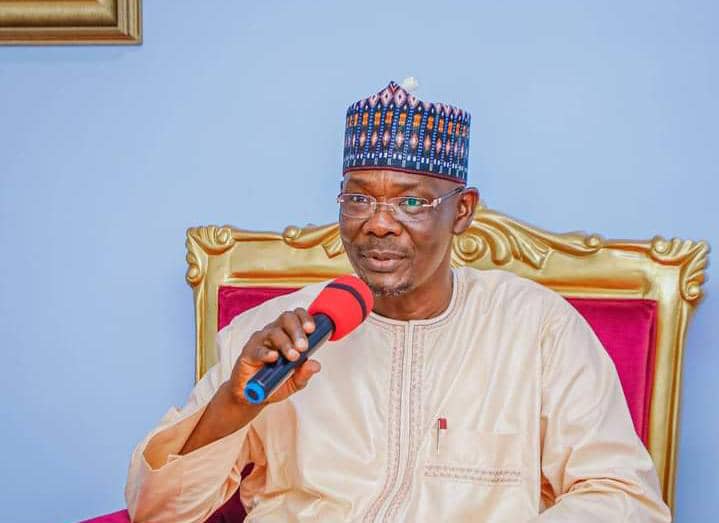A Heated Exchange Over Rivers State
The political landscape in Nigeria has been further ignited by a war of words between Minister of State for Housing and Urban Development, Yusuf Abdullahi Ata, and Rabiu Musa Kwankwaso, the 2023 presidential candidate of the New Nigeria Peoples Party (NNPP). The dispute stems from Kwankwaso’s criticism of President Bola Tinubu’s declaration of a state of emergency in Rivers State, which he labeled as unconstitutional and a potential catalyst for impunity.
In a strongly worded statement issued in Kano, Minister Ata defended the president’s decision, emphasizing its necessity for maintaining national stability and security. He also accused Kwankwaso of political meddling and hypocrisy, urging him to focus on the political and judicial challenges in his home state of Kano rather than interfering in matters concerning Rivers State.
The Rivers State Controversy
President Tinubu’s declaration of a state of emergency in Rivers State came in response to prolonged political turmoil that threatened to destabilize the region. The move was swiftly approved by both chambers of the National Assembly, underscoring its perceived urgency.
Kwankwaso, however, criticized the declaration, arguing that it violated constitutional principles and could set a dangerous precedent for executive overreach. He warned that such actions could foster a culture of impunity and undermine democratic governance.
Minister Ata’s Defense of Tinubu’s Decision
In his response, Minister Ata defended the president’s actions, stating that the declaration was made in the best interest of national stability and security. He commended the National Assembly for its prompt approval of the proclamation, highlighting the importance of maintaining law and order in Rivers State.
Ata also took aim at Kwankwaso’s understanding of law and governance, accusing him of fostering a culture of political intimidation during his tenure as governor of Kano State. The minister alleged that Kwankwaso consistently disregarded legislative independence and the rule of law, creating an environment of political repression.
Kano’s Political and Judicial Challenges
Ata redirected the focus to Kano State, where he accused Kwankwaso and the state government of undermining traditional institutions and judicial processes. He pointed to the ongoing emirship tussle in Kano as an example of the state government’s disregard for court orders, which has fueled political tension and public dissatisfaction.
The minister warned that such actions not only destabilize Kano but also set a poor example for governance and the rule of law. He called on Kwankwaso to address these issues in his home state before commenting on national matters.

A Call for Responsible Leadership
Ata urged Kwankwaso to refrain from making unfounded statements on national issues, particularly those concerning the president’s constitutional prerogatives. He emphasized the importance of responsible leadership and the need for political figures to prioritize the welfare of their constituents over partisan interests.
Read also: “Kwankwaso Slams Tinubu: Rivers State Emergency Declaration Unconstitutional, Threatens Democracy”
The minister’s statement reflects the broader tensions within Nigeria’s political landscape, where regional and partisan rivalries often overshadow the need for unity and effective governance.
The Broader Implications
The exchange between Ata and Kwankwaso highlights the deep divisions within Nigeria’s political class and the challenges of navigating the country’s complex governance structure. The controversy over the state of emergency in Rivers State underscores the delicate balance between executive authority and constitutional limits, while the situation in Kano illustrates the consequences of undermining judicial and traditional institutions.
As Nigeria continues to grapple with political instability and security challenges, the need for transparent, accountable, and inclusive governance has never been greater. The ongoing debate over the state of emergency in Rivers State and the political tensions in Kano serve as a reminder of the importance of upholding the rule of law and fostering a culture of respect for democratic institutions.
A Call for Unity and Accountability
The heated exchange between Minister Yusuf Abdullahi Ata and Rabiu Musa Kwankwaso underscores the need for responsible leadership and a commitment to the rule of law. While the declaration of a state of emergency in Rivers State may have been necessary to restore stability, it is equally important to address the underlying issues that led to the crisis.
Similarly, the political and judicial challenges in Kano must be resolved through dialogue and respect for constitutional processes. By focusing on these priorities, Nigeria’s leaders can work together to build a more stable, inclusive, and prosperous future for all citizens.
















Got a Questions?
Find us on Socials or Contact us and we’ll get back to you as soon as possible.